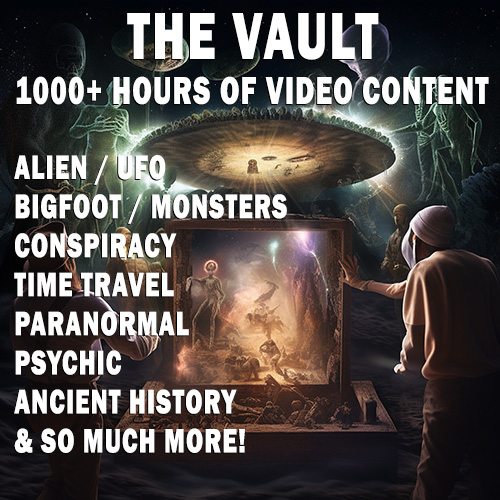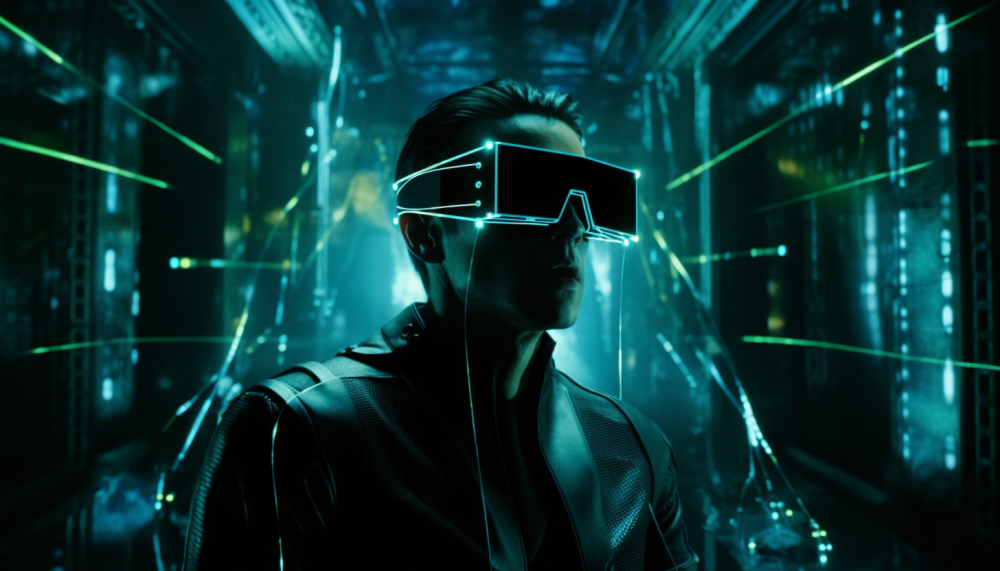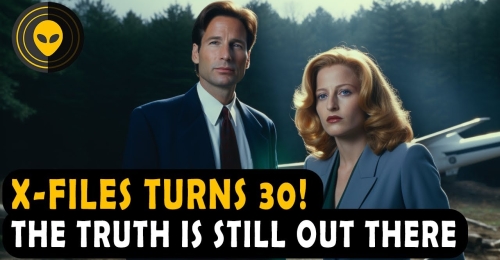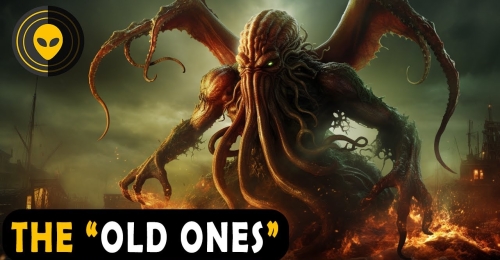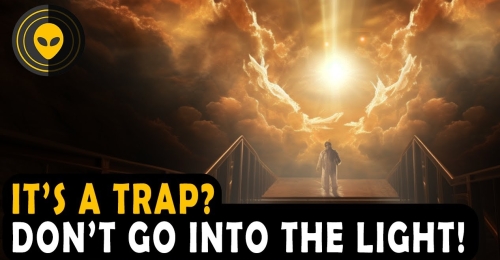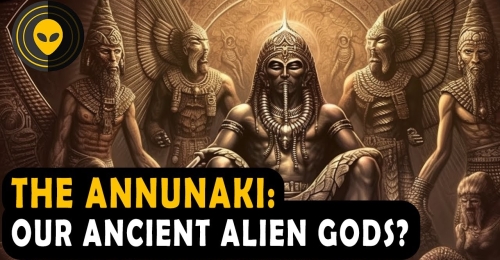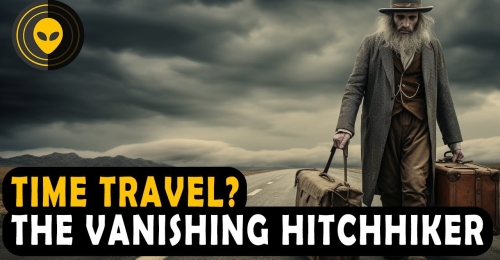Imagine a universe where the essence of reality is not as straightforward as we perceive. The intricate foundation of our existence is not woven from the threads of what we see or touch but is designed from lines of complex algorithms and intricate codes. Welcome to the realm of simulation theory. This groundbreaking idea invites us to challenge our established beliefs about what's real and tangible and urges us to delve into the hidden depths of our universe.
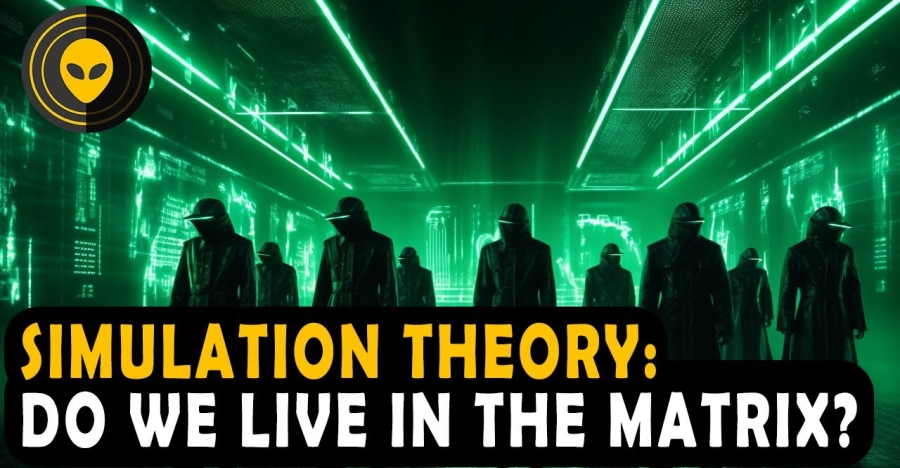
In this simulated panorama, time and space lose their rigidity. They become fluid concepts, which might explain unusual phenomena like time slips and déjà vu. Popular culture has been influenced by such ideas, inspiring creations such as the Time Variance Authority (TVA) from Marvel's Loki series and The Adjustment Bureau, which owe their essence to the legendary works of Philip K. Dick.
The TVA, with their role of preserving the integrity of timelines, exemplifies the intricacy of time — a force that's not linear but one that ebbs, flows, and leaves behind ripples, manifesting as déjà vu. On the other hand, The Adjustment Bureau, inspired by Philip K. Dick, showcases the sublime dance with time and destiny. Here, agents elegantly guide individual lives, turning chaos into a harmonious existence that aligns with the broader cosmic truth.
While Time Slips allow brief moments of immersion into different eras, providing a glimpse of the vast temporal landscape, déjà vu can be seen as a reminder of the interconnectedness of time and existence. It's as if the universe is gently nudging us, hinting that there's so much more to discover.
Bringing science into the discussion, the realm of quantum physics already showcases phenomena that challenge traditional logic. We see particles existing in numerous states, quantum entanglements connecting particles across immeasurable distances, and the famed Heisenberg's uncertainty principle. These quantum peculiarities resonate with the idea of simulation theory, suggesting that our reality might be driven by elaborate codes and algorithms.
The rise of quantum computing, where qubits are manipulated to unlock unparalleled computational power, hints at a universe bound by simulation. If our civilization, which is still in its nascent stages, is making strides in this realm, isn't it plausible that a more evolved civilization or an entity from a higher dimension has already perfected the art of creating simulated realities?
Furthermore, as mysterious as phenomena like time slips and déjà vu are, they are subjects of active scientific research. Some neuroscientists theorize that déjà vu could be linked to misfirings in neural pathways, while time slips might be fleeting windows into alternate realities.
The concepts portrayed in the Loki series and Philip K. Dick's works tap into the human psyche, exploring our desire to understand the unknown, our relationship with destiny, and our innate longing for control. They resonate universally as they evoke age-old truths and elicit timeless queries.
The belief in or even the curiosity about the existence of a simulated reality is not solely dependent on technological advancements or empirical evidence. It mirrors our intrinsic desire to explore, understand, and solve the enigma of existence.
Between the known and the mysterious, we find endless possibilities that beckon us to embark on a grand adventure — a journey that transcends conventional boundaries and delves into the quantum realm, where magic is not mere fantasy. It's a potent force that might be molded by our thoughts or perhaps by futuristic technologies yet unknown.
Simulation theory serves as a beacon, illuminating pathways that lead us to ponder the profound intricacies of our universe. It stands as a testament to the human spirit's indomitable curiosity. As we navigate through these ideas, we become explorers, seekers, and dreamers, forever intertwined in a cosmic dance with the unknown. This dance is a celebration of wonder, awe, and the eternal mystery of a universe that perpetually challenges our perceptions.
So, as we stand at the crossroads of reality and imagination, one thing becomes clear: the nature of existence isn't a settled matter. It's an open call — a call to dream, to wonder, to explore, and to embrace the unfathomable. In this eternal journey, we are both the seekers and the sought-after, forever dancing with the enigma of existence in a universe that ceaselessly surprises and inspires.
For those intrigued by such explorations, the channel promises more profound insights. Until the next dive into the vast expanse of thought and theory, keep questioning, keep dreaming, and stay curious.
